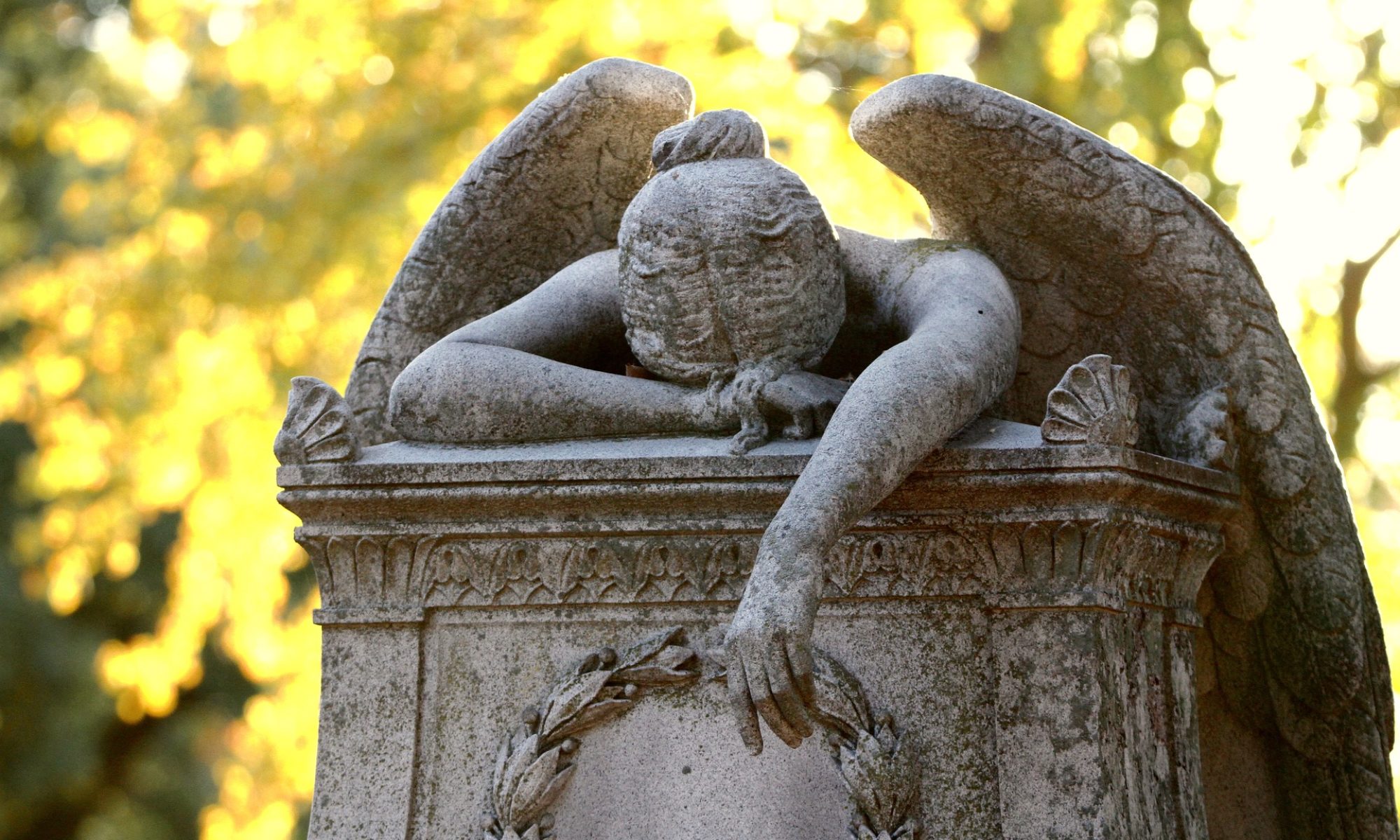Is heartache keeping you up after the death of your loved one? Do memories, both good and bad, flood your mind every time you close your eyes? It can be difficult to get a good night’s rest while you’re grieving, but it’s not impossible. If you’re tired of waking up feeling like you haven’t slept a wink, try these six tips and tricks for overcoming grief insomnia.
Start Working Out
Hitting the gym is the last thing you want to do when you’re physically and emotionally exhausted, but it might be the best thing for you. In an interview with the Washington Post, professor Robert Neimeyer explains that exercise “provides both direct benefits to mood and health, and indirect benefits as it forces you out of isolation and into the world.” Exercise also minimizes sleep disruptions caused by grief. Not only does exercise calm your mind, but the body temperature drop you experience after working out triggers sleepiness.
Cut Back Your Vices
It’s tempting to reach for a second cup of coffee when you’re sleep-deprived or another drink or cigarette when grief is getting to you. However, overindulging your vices isn’t just bad for your health, it also messes with your sleep. Caffeine and nicotine are stimulants that will keep your mind racing late into the night. As a depressant, alcohol may help you feel sleepy, but you’ll pay for it in low-quality sleep and nighttime wakings.
Redecorate Your Bedroom
Don’t underestimate the impact your bedroom environment has on sleep. A clock ticking loudly, a sagging mattress, street lamps beaming through the window — when you’re suffering from insomnia, any minor discomfort becomes an all-consuming distraction. Assess your bedroom environment and make changes to promote better sleep. Everything from the color of your bedroom walls (consider using earth tones are best for quality sleep) to outside lights and noises have an impact on your rest.
Take a Break from Social Media
Social media is a wonderful tool for support and connection while grieving. It can also be a painful reminder of what you’ve lost. If social media is negatively impacting your mental health and ability to grieve, take a break from online communities. If you choose to stay connected, be mindful of where and when you’re using devices. Using electronics too close to bedtime or bringing technology into bed with you interferes with sleep.
Meditate to Fall Asleep
Instead of reaching for your phone when you’re lying awake in bed, meditate. Meditation clears your mind of negative thoughts and elicits the relaxation response. As Harvard Health explains, the relaxation response is “a deep physiological shift in the body that’s the opposite of the stress response.” Meditation is challenging at first, especially if you’re already mentally distracted. Practice meditation during the day so it’s easier to evoke the relaxation response at night.
Troubleshoot Your Sleep
If you’re doing everything right and still can’t get quality shut-eye, use a sleep tracker to figure out exactly what’s going on with your sleep. Sleep-tracking devices like smart sleep masks and bedside sleep monitors collect information about your nighttime movements and heart rate, as well as outside factors like light and noise. However, don’t expect a sleep tracker to solve your sleep problems — it’s up to you to take action for better sleep.
Insomnia isn’t just an unpleasant side effect of grief. Sleep loss threatens your physical and mental health and intensifies your grief. That’s why it’s so important to do something about it. Keep in mind that if your sleep problems persist, talk to your doctor.
Image via Unsplash


